
Bird Walk at Deer Park, New Delhi
- New Delhi
- 26 October, 2025
- Midori

About Deer Park, Hauz Khas
Deer Park, located in South Delhi’s Hauz Khas area, is one of the city’s most significant green lungs, spreading across roughly 60 hectares. The park is part of a larger ecological network that includes the Hauz Khas Lake and District Park, creating a mosaic of habitats such as woodland, grassland, scrub, and wetland ecosystems. Named after the spotted deer that roam freely within its enclosures, the park also supports peafowl, small mammals, reptiles, and a rich diversity of birdlife. Its old trees, open lawns, and water bodies make it an excellent birdwatching site, frequented by both resident and migratory species like the Indian Grey Hornbill, Black-rumped Flameback, Rose-ringed Parakeet, and various warblers and flycatchers during winter months.
Ecologically, Deer Park plays a crucial role in maintaining Delhi’s urban biodiversity, serving as a refuge for wildlife amid the city’s rapid urbanization. It also acts as a carbon sink and helps moderate local temperatures, contributing to better air quality. However, the park faces growing threats from habitat degradation, encroachment, plastic littering, and disturbances caused by heavy footfall and feeding of animals by visitors. Strengthening conservation efforts—such as habitat restoration, controlled visitor access, invasive species management, and community-led clean-up and awareness drives—can help sustain the ecological health of Deer Park and ensure it continues to serve as a peaceful green haven for both birds and citizens of Delhi.
Partnered with
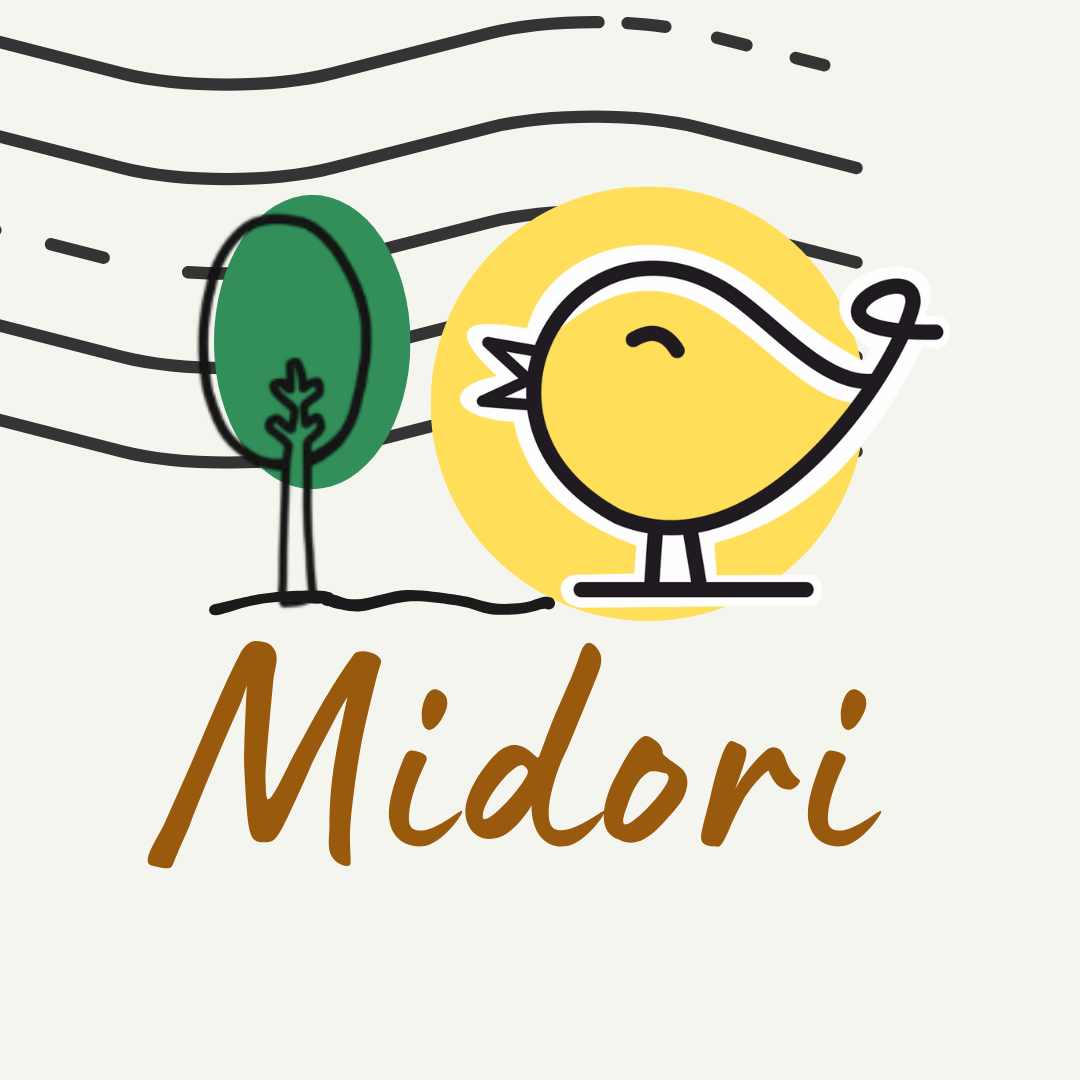

Bird Guide: Mansi
Nature educator and birding guide with Midori Walks, Mansi blends ecology and mindfulness to create enriching outdoor experiences in urban green spaces.
Bird walk Location
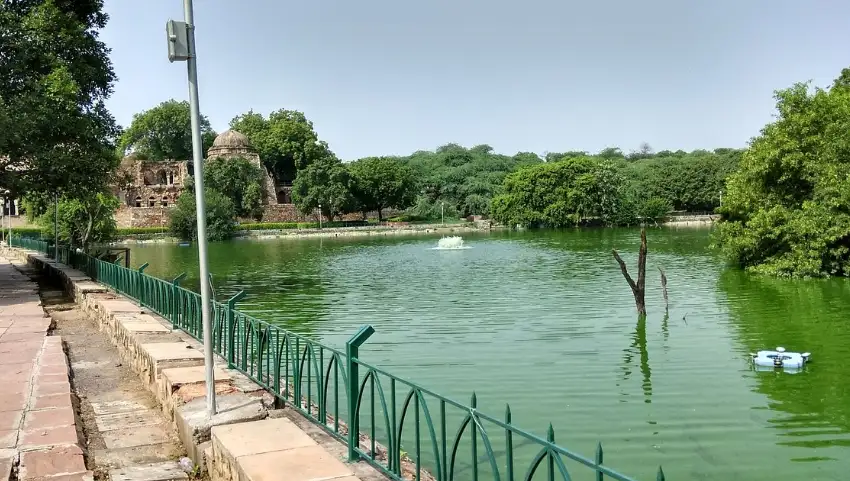
Common birds of Deer Park
Deer Park in Hauz Khas, New Delhi, hosts a rich diversity of common urban and woodland birds, making it one of the most rewarding birdwatching spots in the city. Prominent among its avian residents are the Indian Peafowl, the park’s most iconic bird, often seen displaying its vivid plumage in the open lawns. Large flocks of Rock Pigeons, Rose-ringed Parakeets, and Common Mynas dominate the tree canopies and pathways, while Eurasian Collared-Doves, Laughing Doves, and Yellow-footed Green-Pigeons add to the diversity of seed-eating species. The lake and wetland zones attract Indian Spot-billed Ducks, Lesser Whistling-Ducks, Eurasian Coots, and White-breasted Waterhens, highlighting the park’s importance as a wetland refuge within an urban landscape. Smaller passerines such as Ashy Prinia, Plain Prinia, Common Tailorbird, and Purple Sunbird can be found flitting among shrubs and flowering trees, while Spotted Owlets and Shikras occupy old tree cavities and hunt in the open areas.
The park’s mature trees and water bodies also attract a range of forest-edge and aerial species, including Indian Grey Hornbills, Coppersmith Barbets, Black Drongos, and Asian Green Bee-eaters. During the winter months, Deer Park becomes a temporary home for migratory species such as Hume’s Warbler, Greenish Warbler, and Western Yellow Wagtail, which add a seasonal charm to the birding experience. This diversity underlines the ecological significance of Deer Park as a critical urban bird habitat that supports both resident and migratory species year-round. Continued habitat preservation, native tree planting, and pollution control around the lake area are essential to maintain this balance and ensure that Deer Park remains a thriving sanctuary for Delhi’s avifauna.
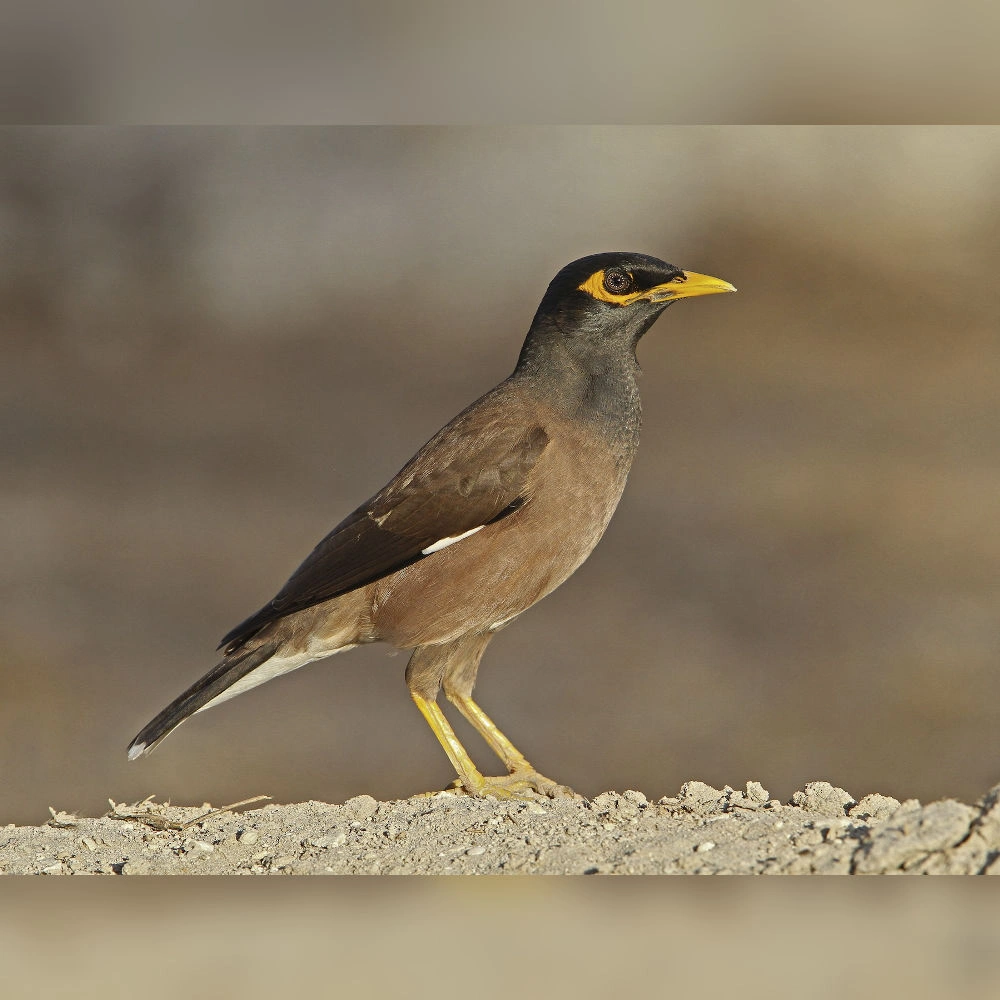
Common Myna
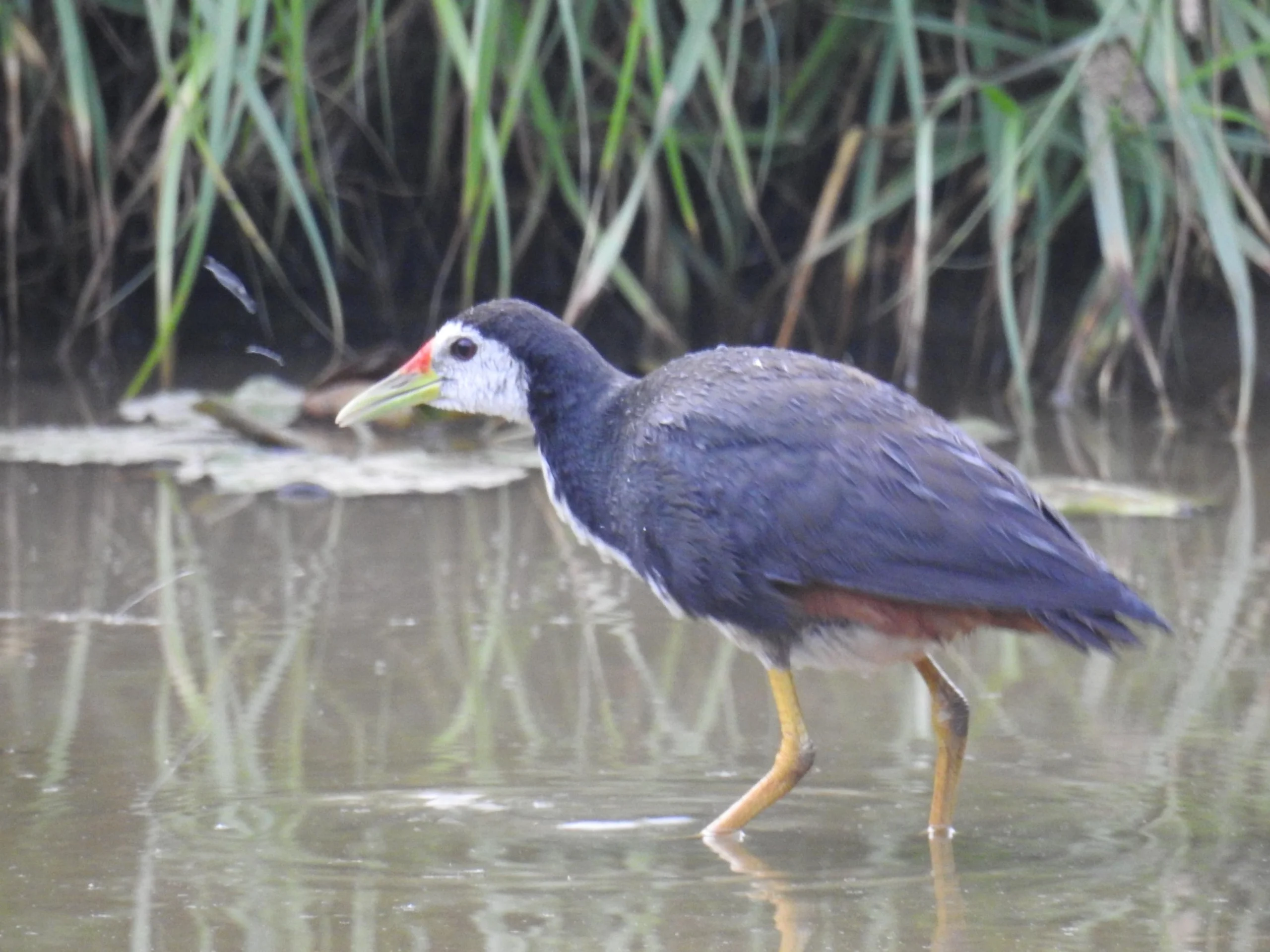
White-breasted Waterhen
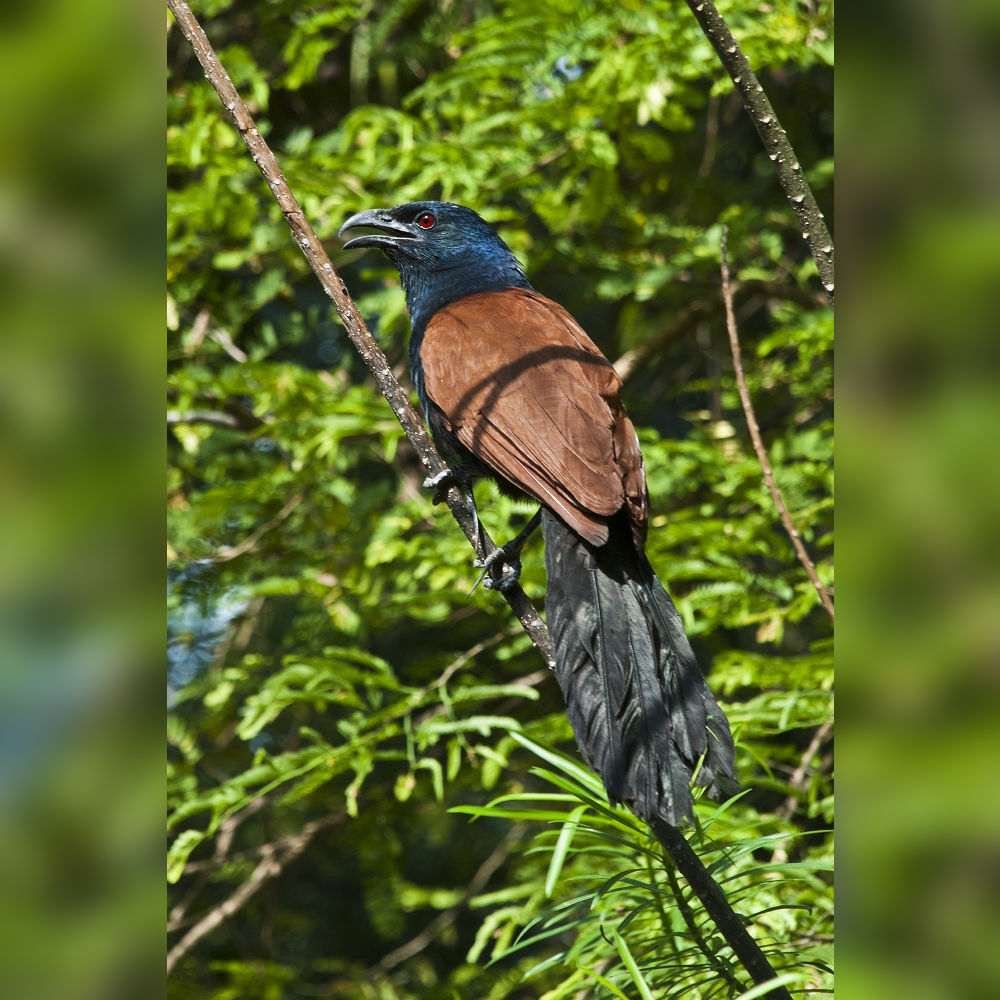
Greater Coucal
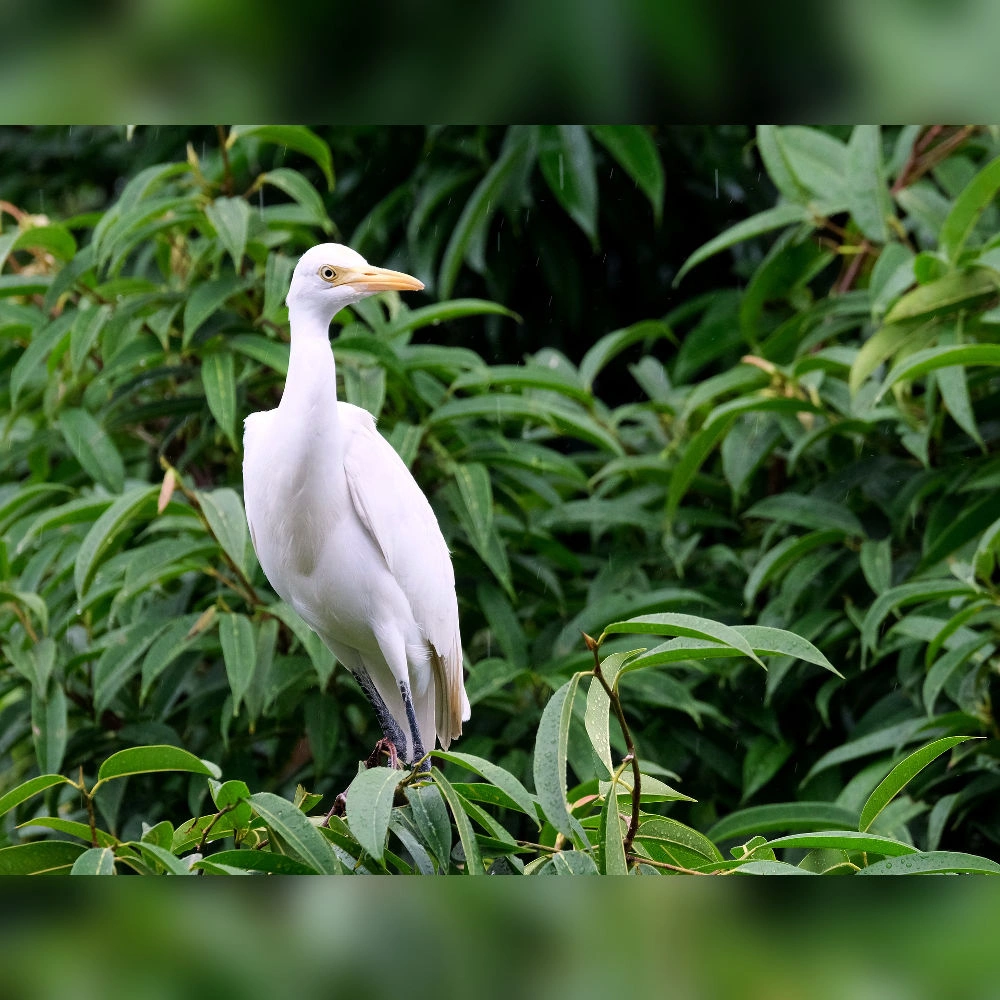
Eastern Cattle Egret
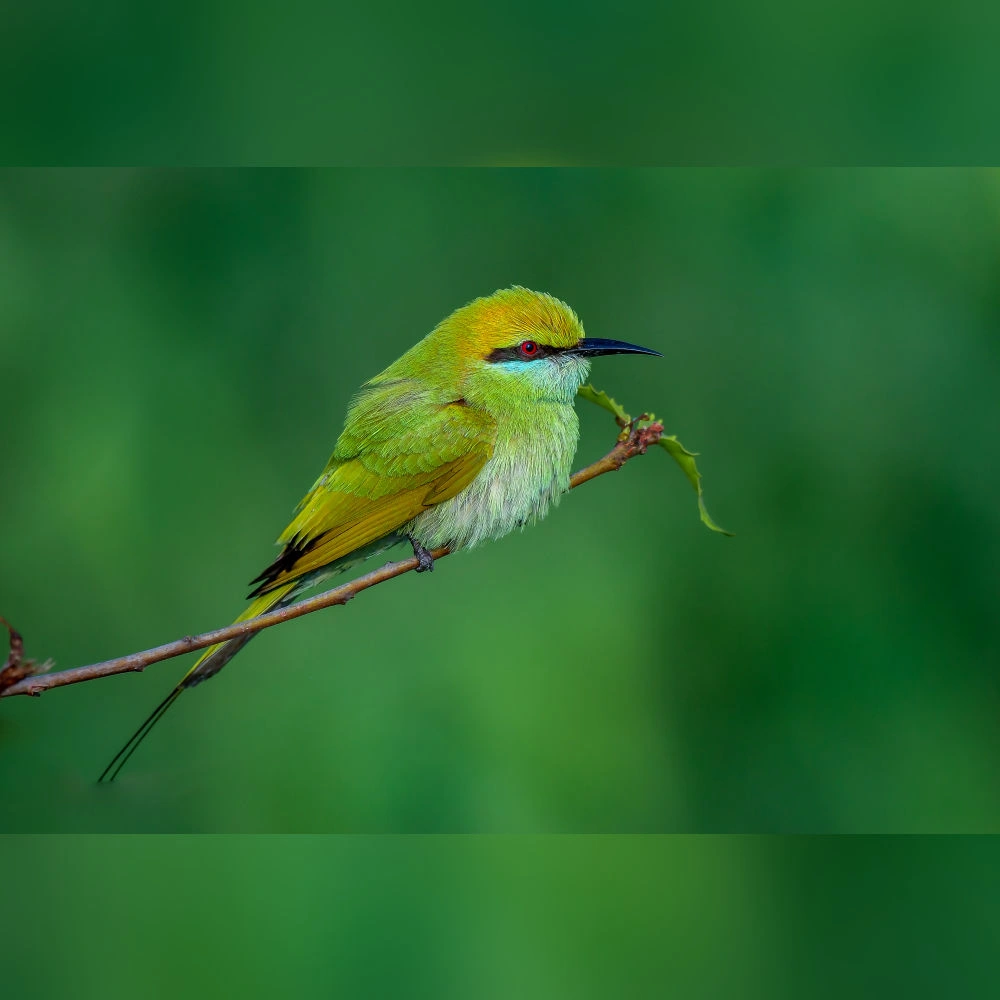
Asian Green Bee-eater
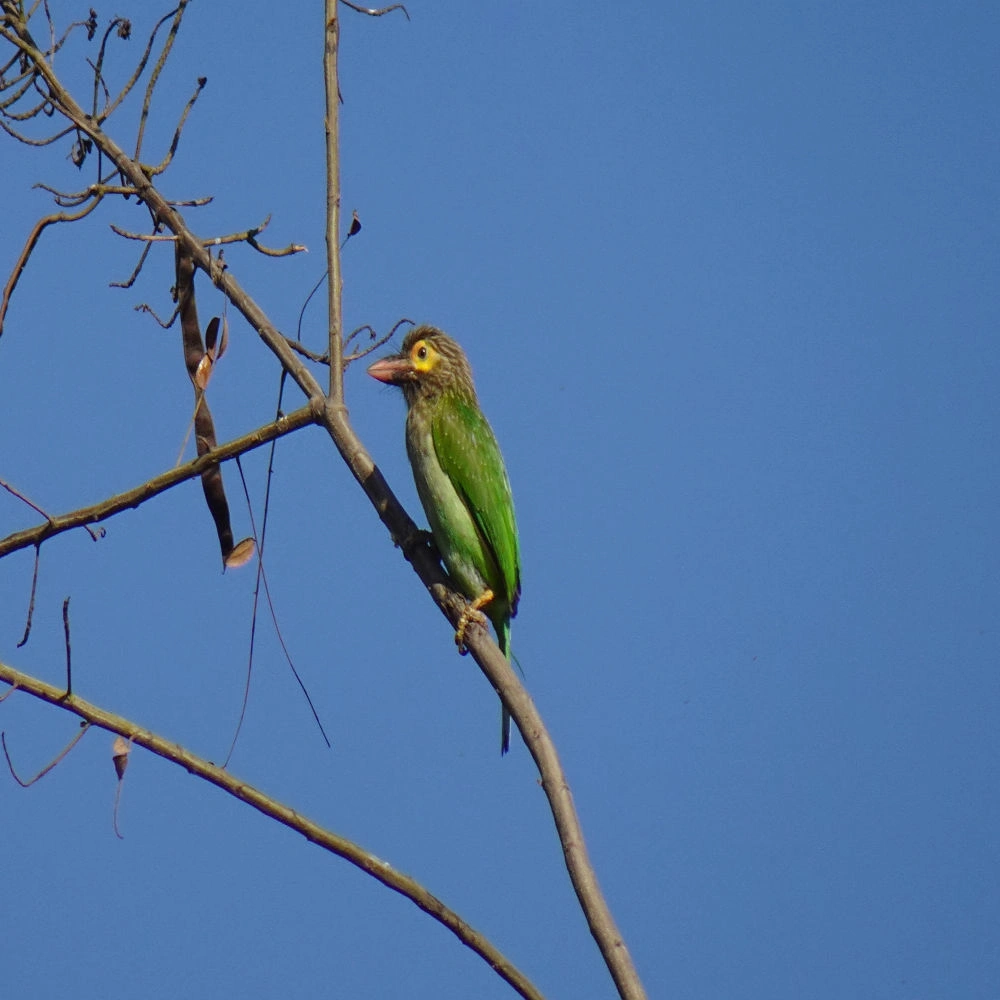
Brown-headed Barbet
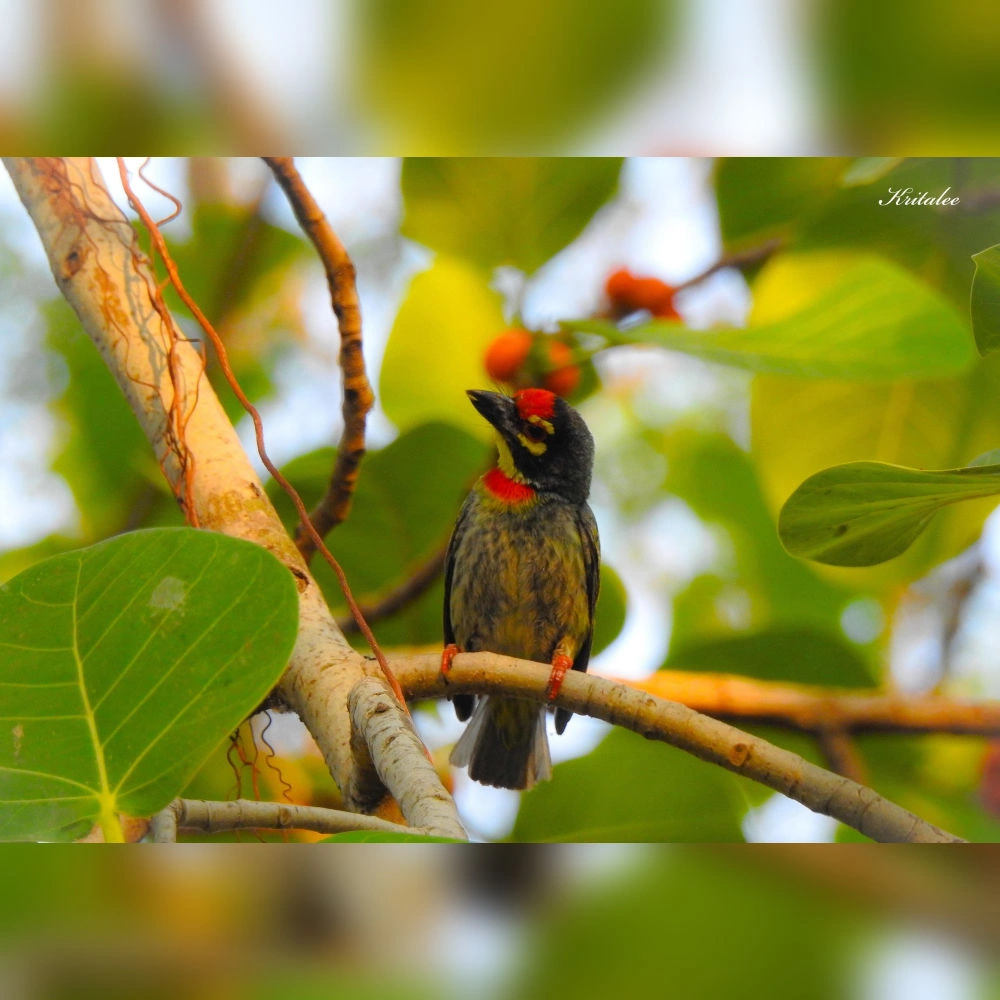
Coppersmith Barbet
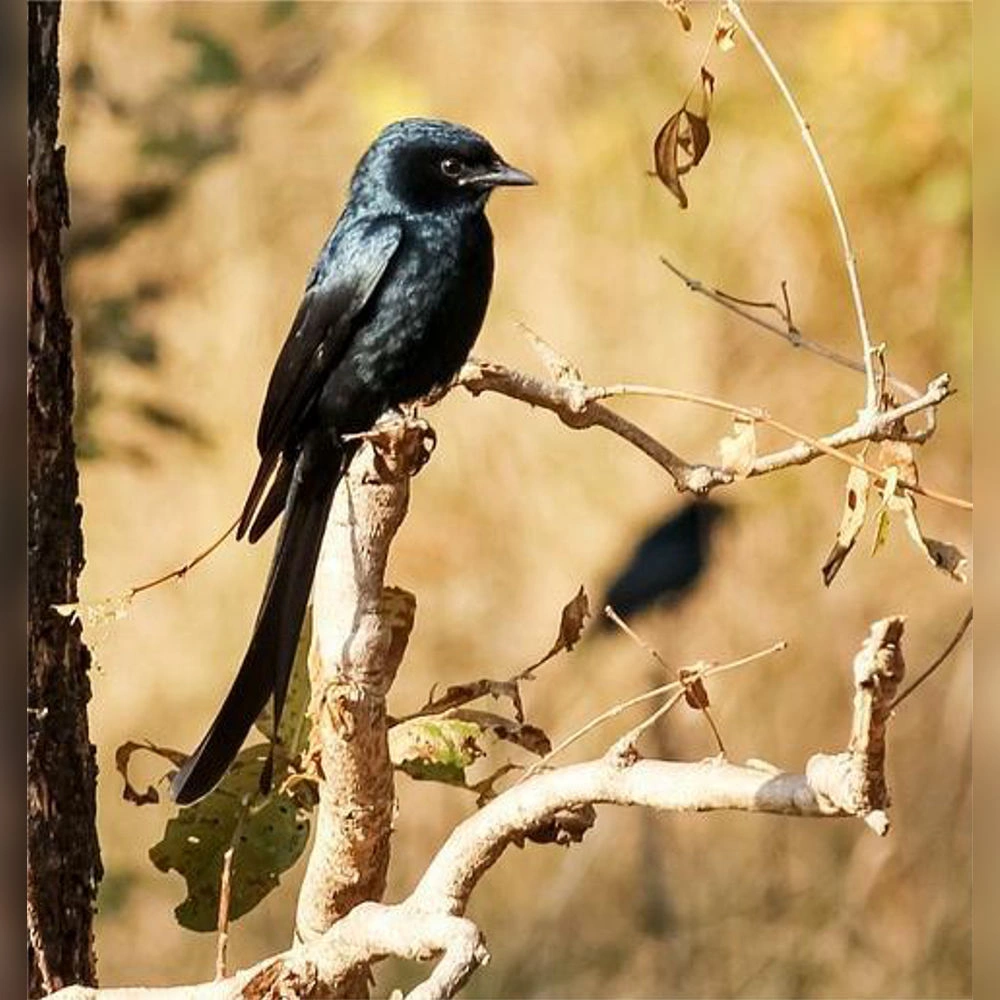
Black Drongo
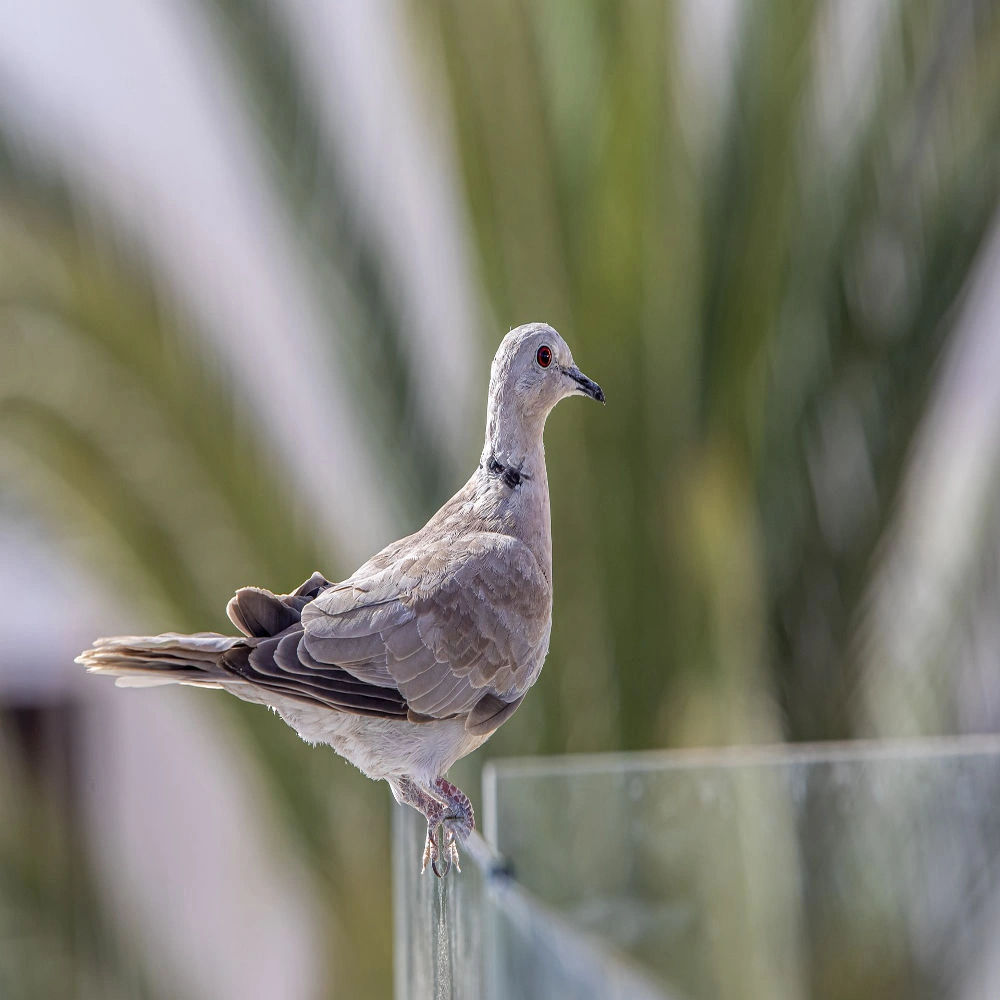
Eurasian-collared Dove
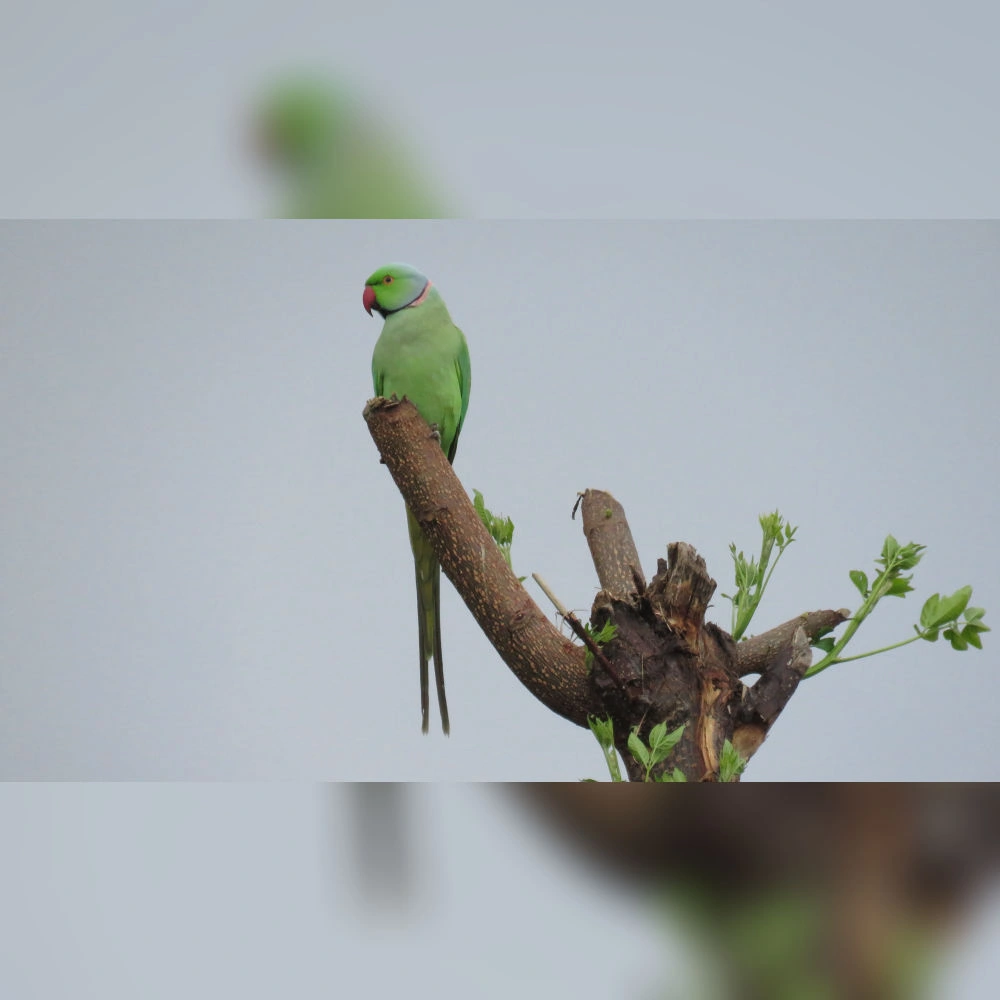
Rose-ringed Parakeet
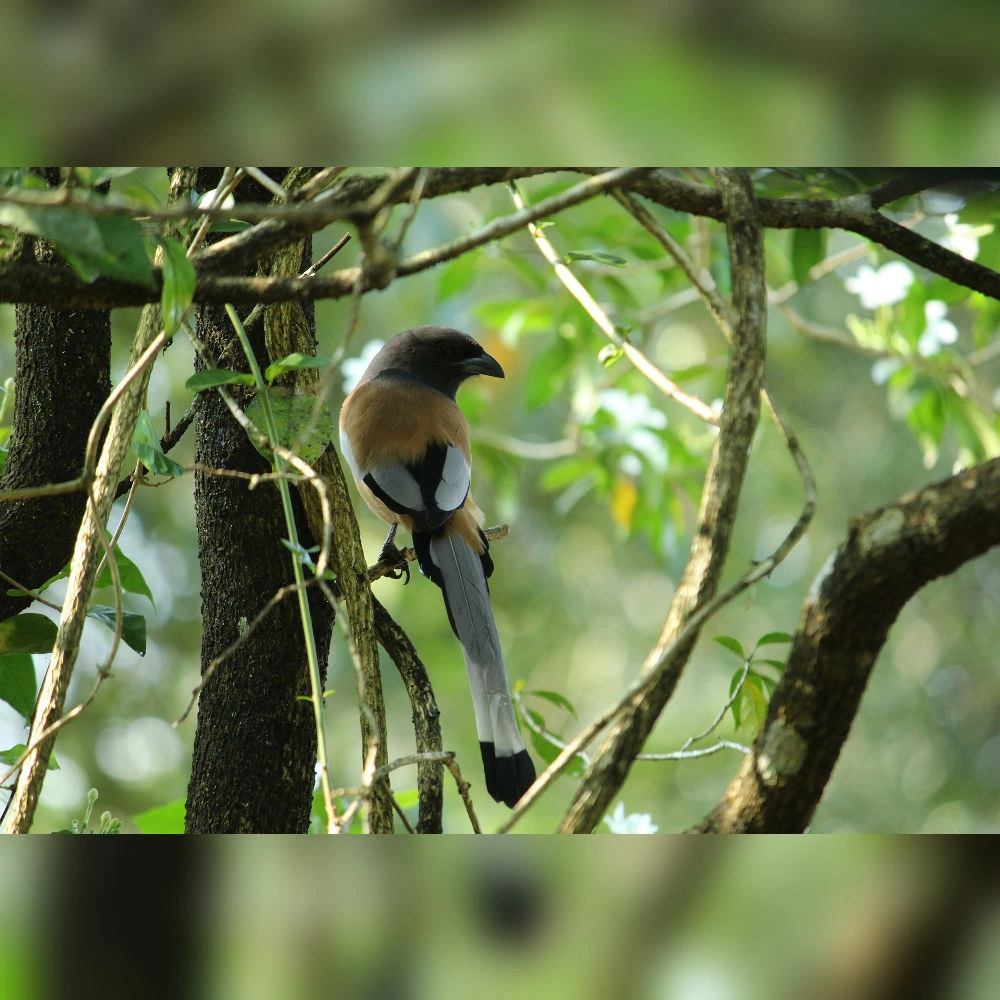
Rufous Treepie
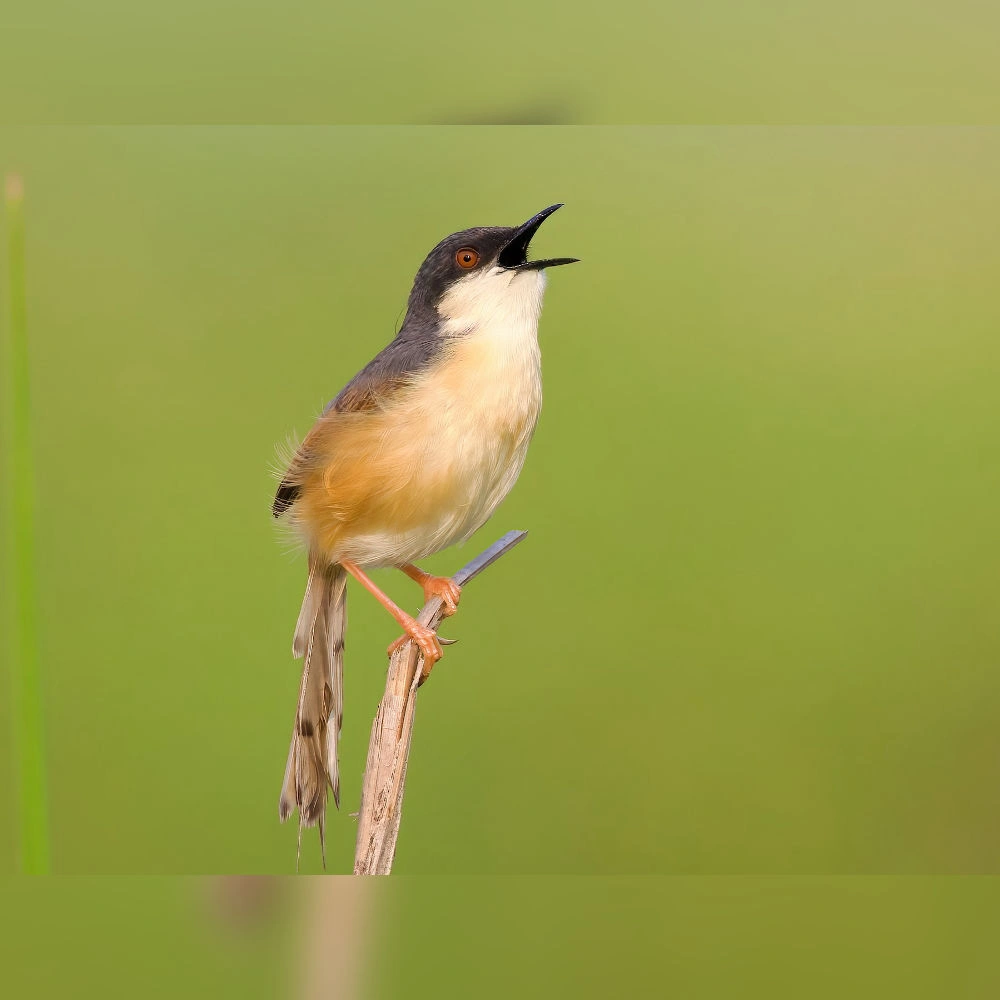
Ashy Prinia
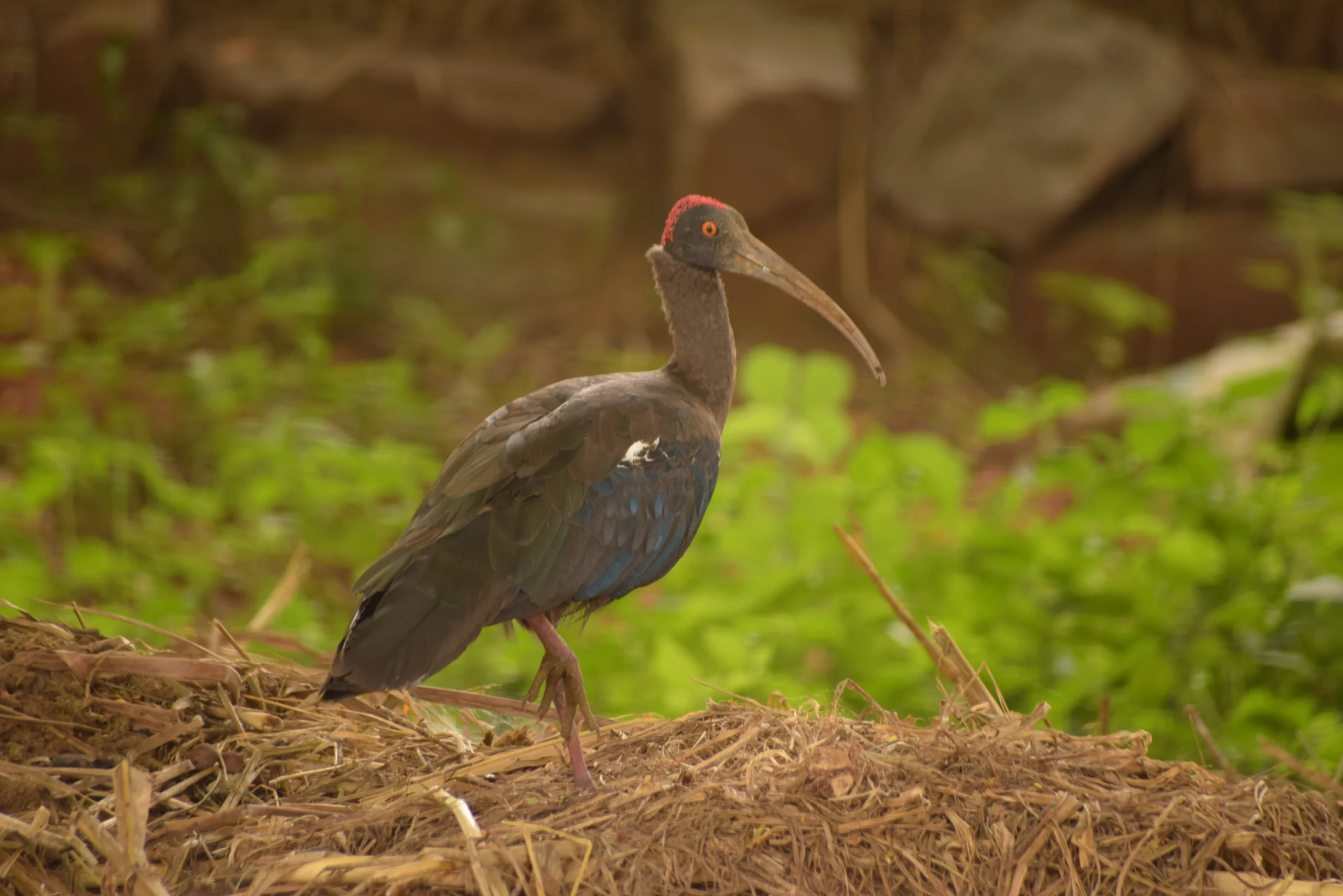
Red-naped Ibis

Jungle Babbler
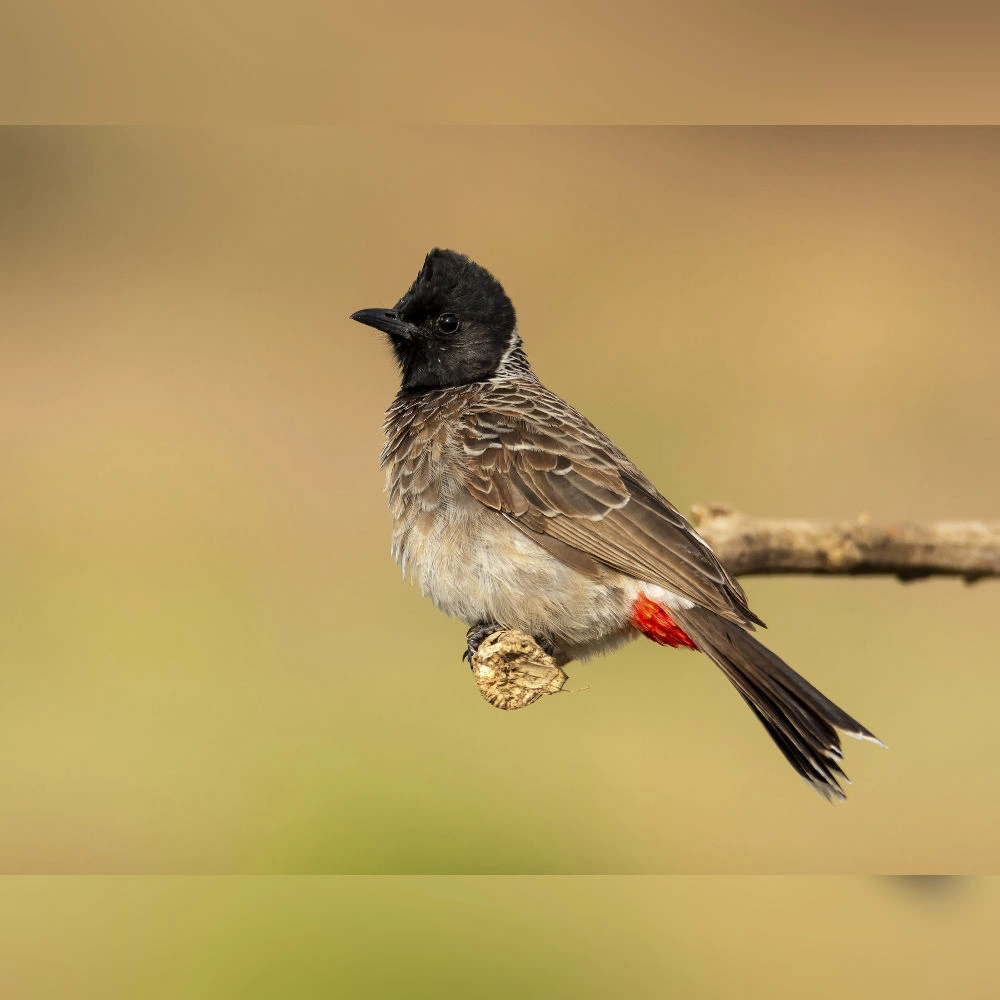
Red-vented Bulbul
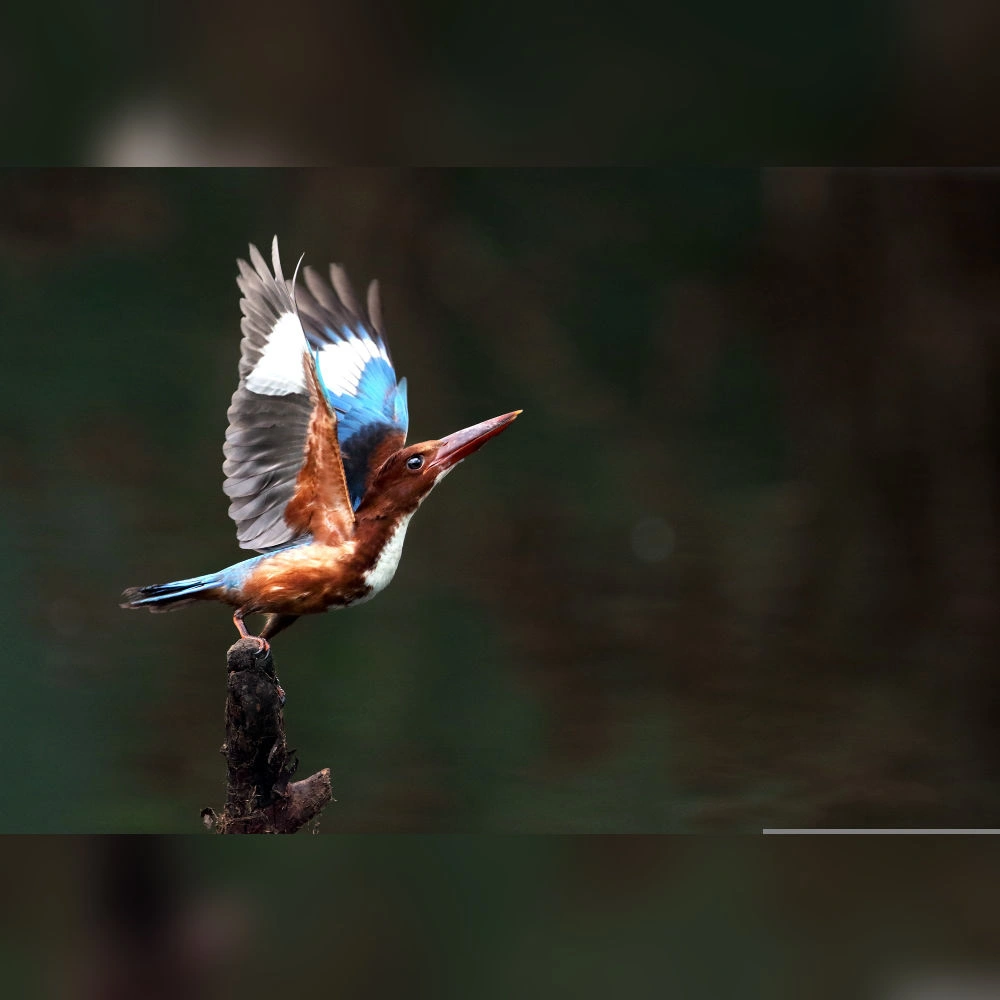
White-throated Kingfisher
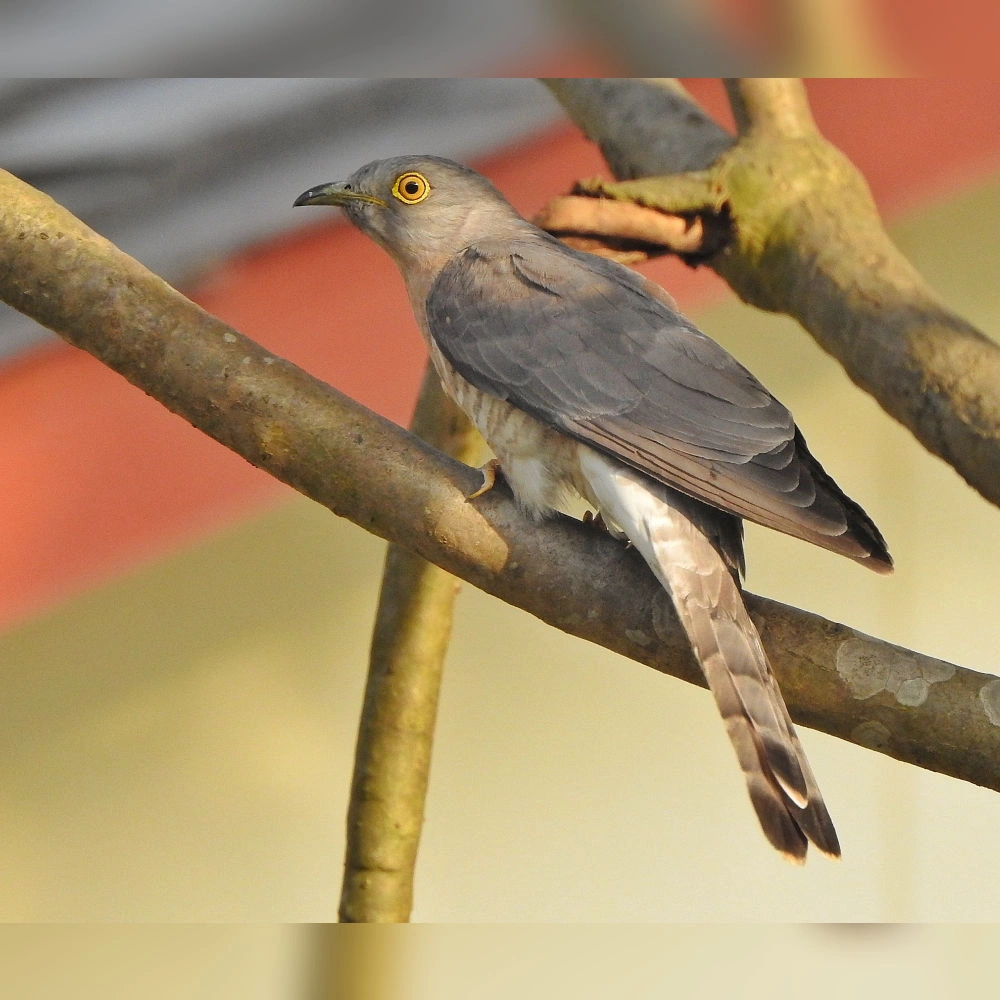
Common Hawk Cuckoo
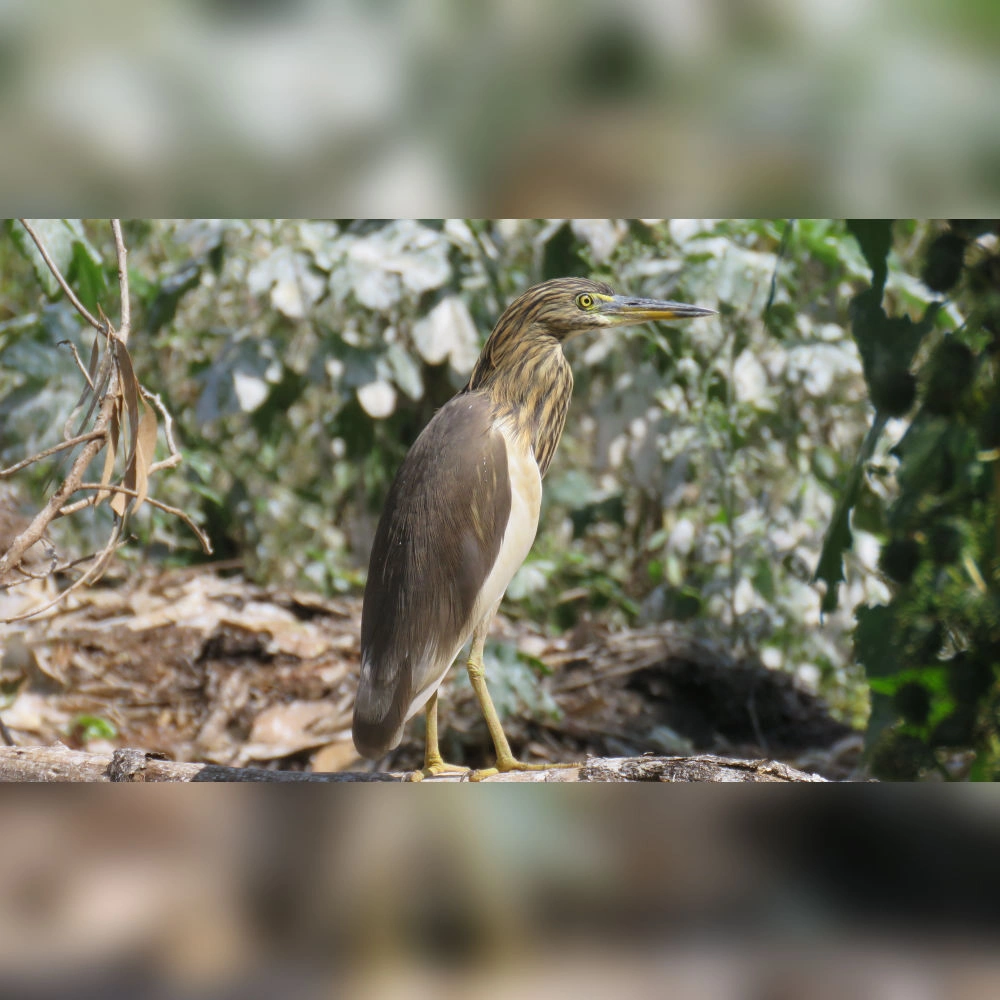
Indian Pond Heron
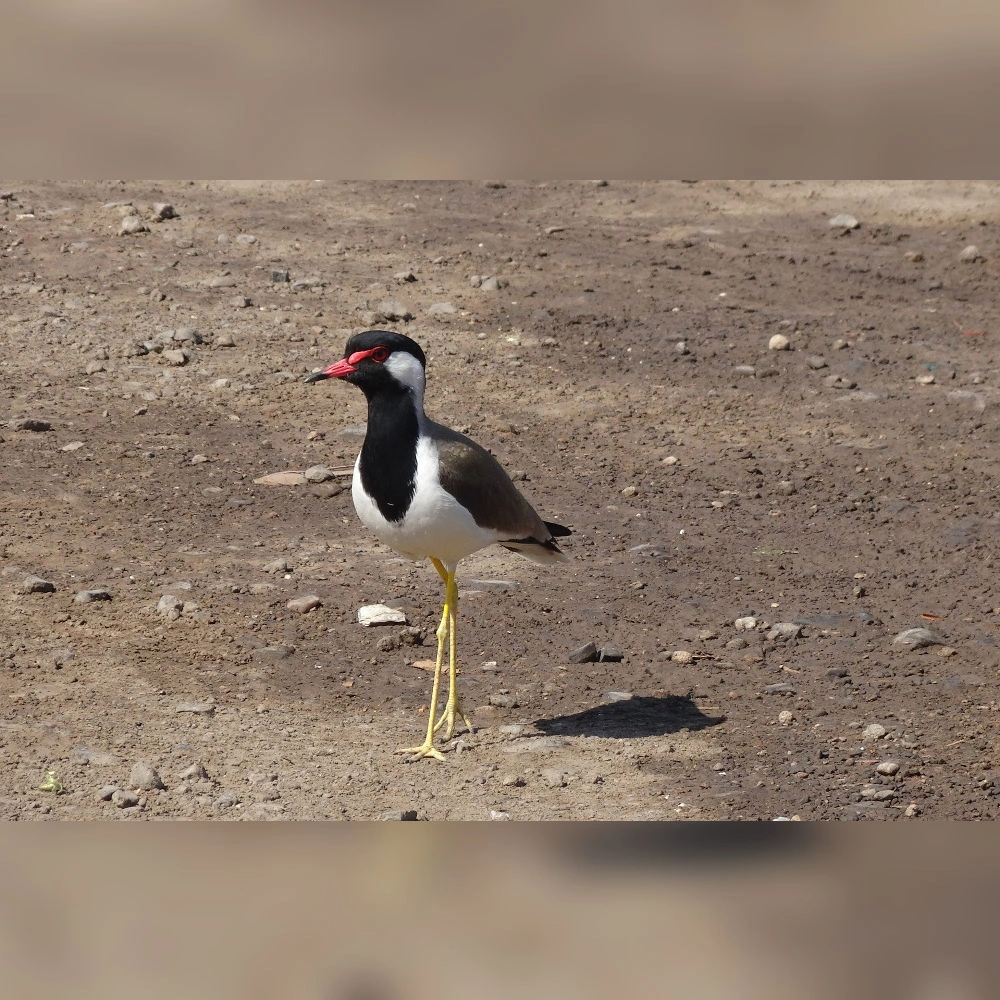
Red-wattled Lapwing
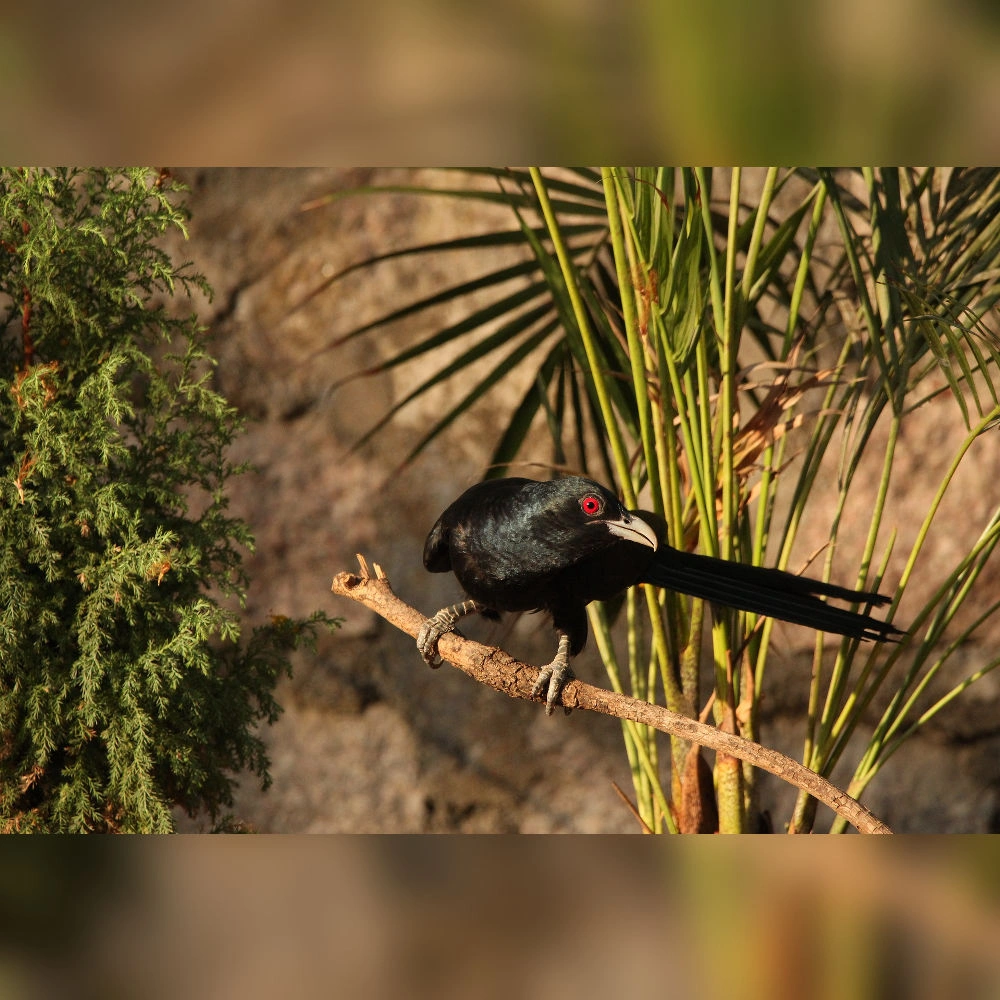
Asian Koel
- Fee collected goes entirely to the bird guide. Ataavi does not retain or profit from this amount.


